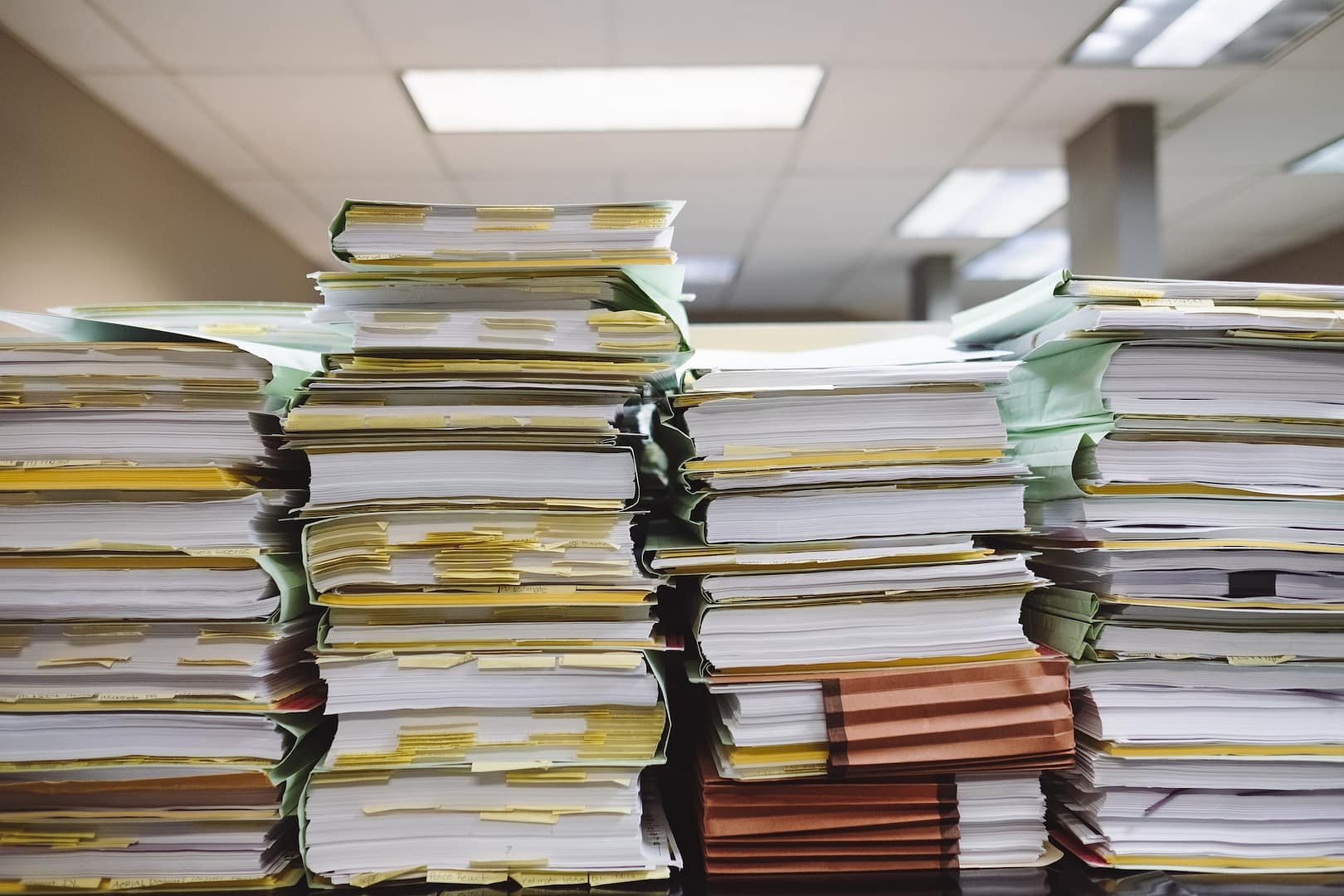Accidents are an unfortunate part of life, and they can happen anywhere, including in the workplace. When an accident occurs at work, whether it’s a minor slip or a major injury, it’s crucial to report it promptly. In this article, we will explore why reporting accidents at work is of utmost importance, the correct steps to handle such incidents, and the significance of this practice in a UK context. We will also guide you through the steps you need to take when making an accident at work claim.
Ensuring Employee Safety
One of the most important reasons for reporting accidents at work is to protect employee safety and well-being. Any workplace accident, no matter how minor it may seem, can indicate a hidden hazard or unsafe condition. By reporting it promptly, you’re helping to identify and eliminate risks before they cause further harm.
Example:
Imagine you’re working in a busy warehouse, and you see a colleague slip on a wet floor that wasn’t properly marked. If this incident goes unreported, the hazard remains—potentially causing more serious injuries to others. However, if the accident is reported immediately, the floor can be cleaned, warning signs can be put up, and future incidents can be prevented.
Taking proactive steps like this not only shows concern for your colleagues but also contributes to a culture of safety and accountability in the workplace.
Fulfilling Legal and Compliance Obligations
In the United Kingdom, employers are legally required to report certain types of workplace accidents. These requirements fall under the Reporting of Injuries, Diseases and Dangerous Occurrences Regulations 2013 (RIDDOR). This legislation outlines when and how accidents should be reported to the Health and Safety Executive (HSE).
Under RIDDOR, employers must report:
- Work-related deaths
- Specified serious injuries
- Diagnosed industrial diseases
- Dangerous occurrences (near-misses)
- Injuries that result in more than 7 days off work
Failure to report qualifying incidents under RIDDOR can lead to serious consequences, including fines, legal action, and reputational harm. It can also weaken an employee’s potential compensation claim in the future.
Access to Medical Care and Compensation
Reporting accidents at work ensures that employees who are injured receive prompt medical care and, if necessary, compensation for their injuries. When accidents go unreported, injured employees may not receive the medical attention they require, leading to further complications.
Consider a scenario where an employee injures their hand while operating a machine in a factory. If they fail to report the accident, they may delay receiving medical treatment. Timely reporting not only ensures that the employee gets the necessary medical attention but also facilitates the process of seeking compensation if the injury affects their ability to work.
The Three Correct Steps to Handle an Incident
Step 1: Immediate Response
When an accident occurs at work, the first step is to provide immediate assistance to the injured party and ensure their safety. This might involve calling for medical help, administering first aid, or simply moving the injured person to a safe location.
Let’s say you work in an office, and a colleague slips on a wet floor, injuring their ankle. Your immediate response should be to call for medical assistance, if required, and provide basic first aid like elevating the injured limb and applying an ice pack. Additionally, make sure to secure the area to prevent further accidents, such as putting up warning signs or cordoning off the wet area until it can be properly cleaned.
Step 2: Reporting the Incident
Once the injured party has been attended to, the next step is to report the incident to the relevant authorities within your organisation. This typically involves notifying your immediate supervisor, manager, or the designated person responsible for handling workplace incidents.
Reporting the incident should be done promptly and accurately. Include all relevant details, such as the date, time, location, names of individuals involved, and a description of what happened. In the case of a workplace with established reporting procedures, follow those guidelines closely.
Step 3: Investigation and Follow-Up
After the incident has been reported, it’s crucial to conduct a thorough investigation to determine the root cause and prevent similar accidents in the future. This may involve reviewing security footage, interviewing witnesses, or assessing the safety procedures in place.
Continuing with our example, if the colleague slipped on a wet floor, an investigation might reveal that the floor was not adequately maintained or that warning signs were missing. In response, the company can take corrective actions, such as implementing a more robust cleaning schedule or ensuring proper signage is in place.
The Significance of Reporting Accidents at Work in the UK
In the United Kingdom, the importance of reporting accidents at work is emphasised through legislation and regulatory frameworks. The Reporting of Injuries, Diseases, and Dangerous Occurrences Regulations 2013 (RIDDOR) is a key piece of legislation that mandates the reporting of certain workplace incidents. Under RIDDOR, employers, the self-employed, and those in control of workplaces are legally required to report specified workplace injuries, diseases, and near misses.
Compliance with RIDDOR is not an option but a legal obligation. Failure to report accidents that fall within the scope of RIDDOR can lead to serious consequences, including fines and legal action. Let’s delve into the significance of reporting accidents at work in the UK context:
Enhancing Workplace Safety Culture
Reporting accidents at work in the UK contributes to the development of a safety-conscious workplace culture. When employees know that accidents are taken seriously and addressed promptly, they are more likely to be proactive in identifying and reporting potential hazards. This creates a safer environment for everyone.
Preventing Recurrence
Reporting accidents allows for a thorough investigation to determine the underlying causes. By addressing these causes, employers can take preventive measures to reduce the likelihood of similar incidents occurring in the future. This not only protects the well-being of employees but also minimizes business disruptions and associated costs.
Meeting Legal Obligations
As mentioned earlier, RIDDOR places a legal obligation on employers and those in control of workplaces to report certain accidents and incidents. This ensures that the authorities have accurate data on workplace safety and can take appropriate action when necessary. Non-compliance with these reporting requirements can result in substantial fines and potential legal consequences.
Protecting Employee Rights
Reporting accidents at work in the UK also protects the rights of employees. Injured workers have the right to seek compensation for their injuries, and reporting the incident is a crucial step in initiating the compensation process. This ensures that employees receive the support and compensation they are entitled to if the accident affects their ability to work.
Making an Accident at Work Claim with National Claims
In the unfortunate event that you are injured at work and believe that someone else’s negligence is responsible for your injuries, you may be entitled to make a personal injury claim. National Claims, a reputable UK-based claims management company, can assist you in this process.
Here are the steps to making an accident at work claim with National Claims:
Contact National Claims
The first step is to get in touch with National Claims. You can do this by visiting our website or calling their helpline. We have experienced claims specialists who can provide you with initial guidance through the claims process and assess the viability of your claim.
Consultation and Evaluation
If your case appears to have merit, we will arrange a consultation with one of their expert solicitors. During this consultation, we will discuss the details of your accident, gather necessary information, and evaluate the strength of your claim.

Conclusion
Reporting accidents at work is not just a best practice—it’s a legal and moral responsibility that protects everyone involved. It ensures prompt action is taken to remove hazards, supports employee health and safety, and helps employers meet their legal duties under regulations like RIDDOR.
By following the correct procedures—responding immediately, reporting accurately, and conducting a thorough investigation—employers and employees can work together to create a safer, more accountable workplace.
Ignoring or failing to report incidents not only puts others at risk but can also affect your ability to claim compensation if you’ve been injured. That’s why it’s crucial to document every incident, no matter how minor it may seem.
If you’ve suffered a workplace injury due to negligence, National Claims is here to help. We connect you with experienced solicitors who specialise in work accident compensation claims, ensuring that your case is handled with care, urgency, and expertise. Don’t delay—protect your rights and secure the compensation you deserve.
Take action today. Report the incident. Protect your future.
Contact us to start your claim with one of our knowledgeable claims specialists today.
Click below to see why we are one of the most trusted claims management companies in the UK.

We’re proud of our excellent customer reviews
We thrive on delivering exceptional service and ensuring our clients’ satisfaction. Don’t just take our word for it. Check out some of our independent reviews to see what our clients have to say.
Excellent

This firm is excellent, they sorted out my car pay out and injury claim very fast, they always communicate with you all the time.

My accident case was dealt with confidence and with great result of the outcome, especially James kept me informed all the time.

I was very impressed at the way my inquiry was treated. I was listened to attentively and everything I needed to know was explained to me.






